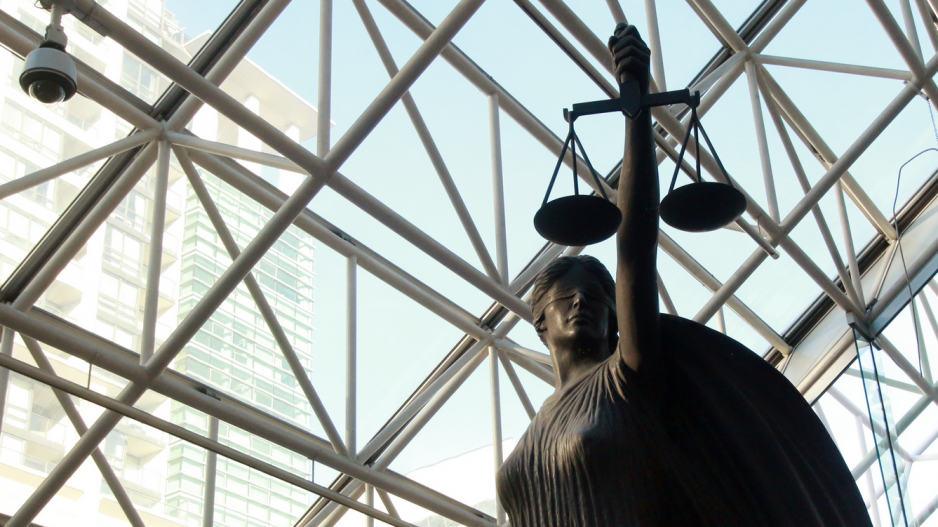The province must tax property sales at the sale price – even if they’re less than two-thirds of the assessed value.
That was the decision reached by the B.C. Supreme Court in a case to overturn the province’s tax assessment of the sale of a Vancouver bakery.
Numbered company 1184369 B.C. Ltd. bought Swiss Bakery at 143 East Third Ave. and another property at 1829 Pandora St. in 2018 for $9.3 million. Both were owned in piecemeal by Estella and Michael Sui as well as by trusts and corporations they owned, according to a recent decision.
Suiwyn Holdings Inc. (SHI) owned 100 per cent of the Pandora property and a third of the East Third Avenue property, the latter of which is the subject of the tax appeal. The Sui family owned two-thirds of the East Third property. Suiwyn Investment Ltd., meanwhile, owned equipment to run the business.
The deal was largely done by way of consolidating the properties under Suiwyn Holdings and then selling the shares of both companies to the numbered company, which is owned by Dennis Huang.
The $9.3-million sale price was broken down to about $7.78 million to cover the two properties, of which $5.7 million would cover the East Third property.
But the 2019 assessed value – being the assessment made in July 2018, the same year of the sale – of the East Third property alone was $9.1 million.
The province opted to assess the tax at that value, which it declared to be the fair market value.
The court dismissed three key assumptions made by the province in its tax assessment.
When the Sui family transferred their two-thirds share of the East Third property to their holding company, it wasn’t an arms-length transaction.
Huang argued, and the court agreed, that it was irrelevant to the ultimate transfer of the properties to his company.
The court found the second assumption – that the transaction wasn’t done on the open market – was entirely wrong, as the bakery and properties were marketed for sale for over a year. The court effectively disregarded whether the value was determined informally, as it was the value agreed upon by the parties involved in the transaction.
The province also argued Huang knew he was buying the property at a discount as part of the company purchase and that there was no evidence to support the fact that the sale price was the fair market value.
But Justice Kevin Loo wasn’t convinced.
“The province’s arguments … are, with respect, misguided. The evidence of fair market value is the transaction, and absent a sham this court is required to respect the parties’ legal relationship,” Loo wrote.
As a result, Loo tossed out the province’s tax assessment.


